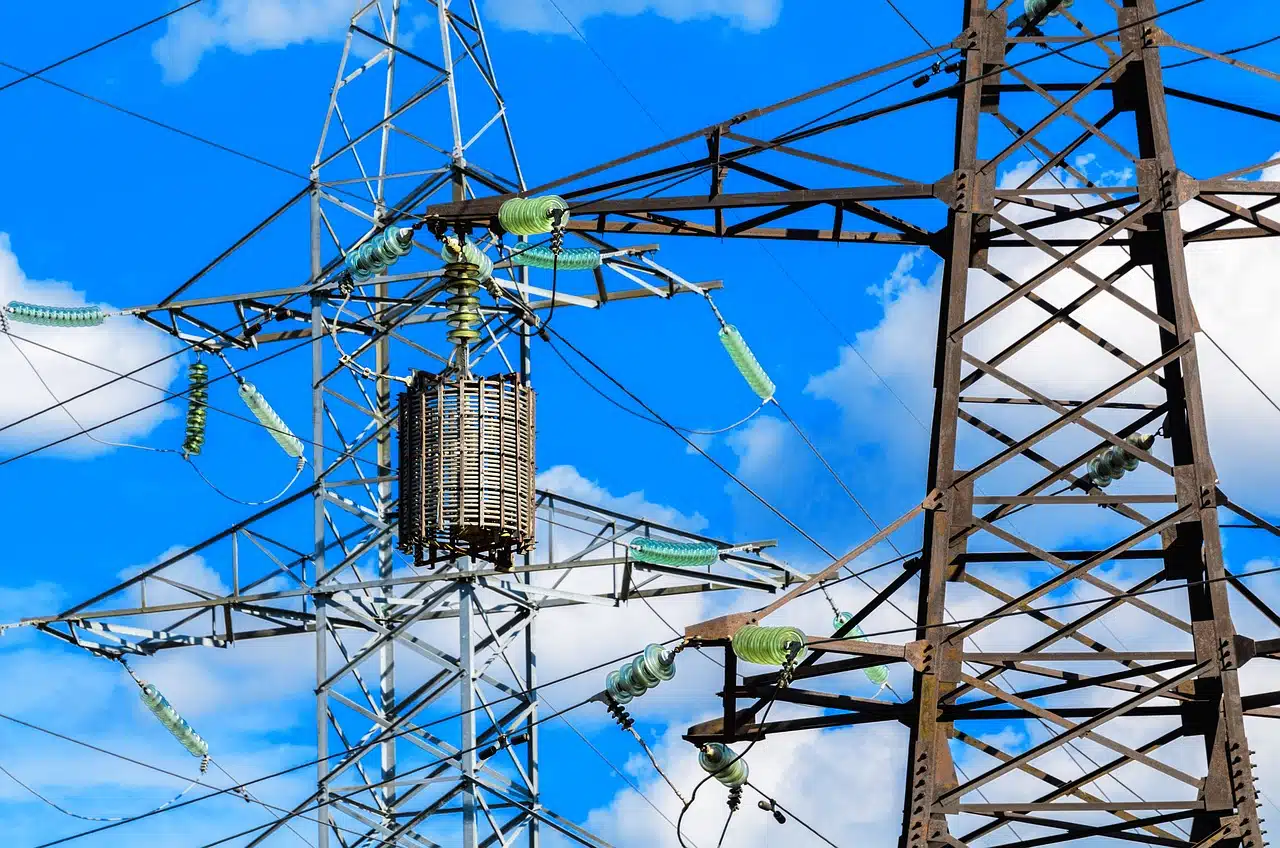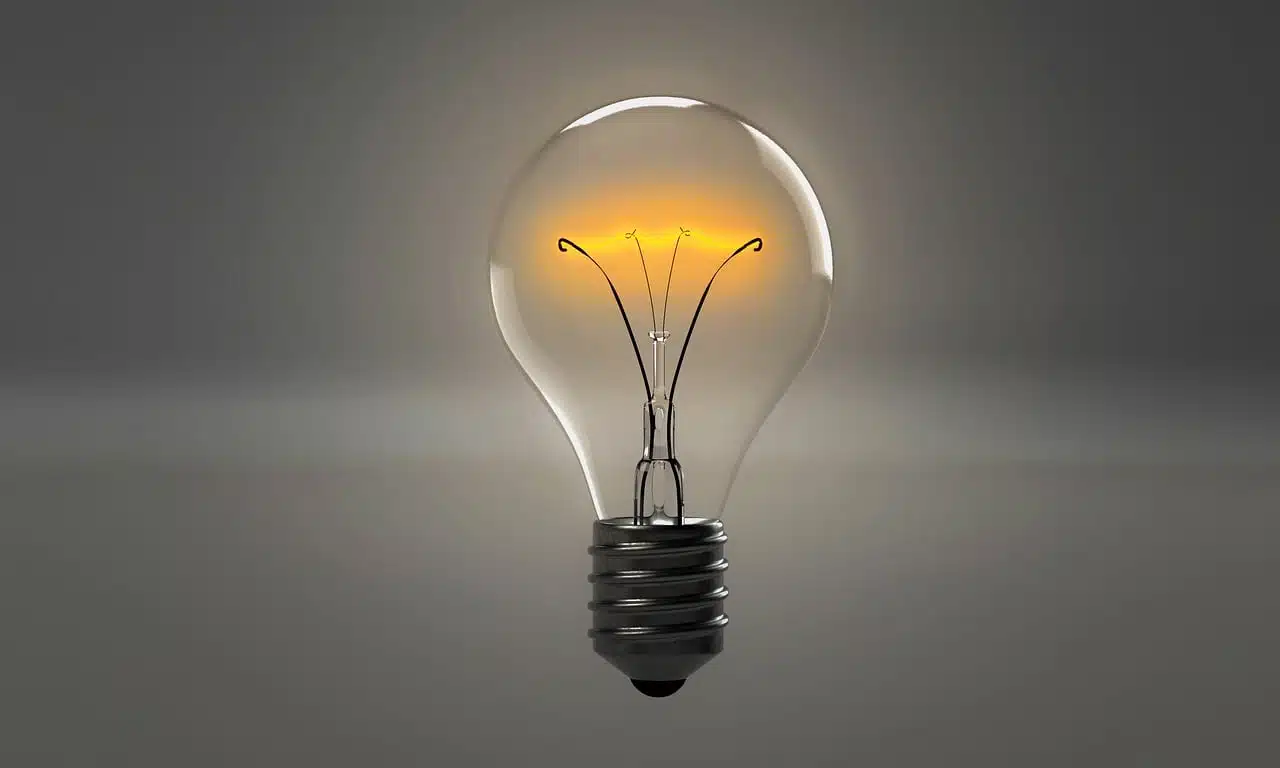
Watt is synonymous with watt.
Watt is a synonym for watt and a term that comes from the surname of the engineer and mathematician James Watt ( 1736 – 1819 ), a scientist who played an important role in the creation of the steam engine.
This Scot invented mathematical application instruments for Glasgow University and built various Newcomen machines until he could perfect the system. In 1784 , he patented the steam engine and, sixteen years later, he retired to Heathfield Hall , an English town near Birmingham .
The watt and electrical energy
In order to truly understand this concept, it is necessary to first establish the concept of electrical energy , which refers to the ability of a piece of equipment to operate with a certain amount of "fuel." When you connect a device to the electrical voltage, the energy that reaches it begins to flow through the conductor and allows the device to begin to perform the functions for which it was programmed. For example: a lamp lights up when you press the light switch. It is necessary to say that energy is not something that can be created or destroyed, but rather it is transformed; In the case of electrical energy, it is transformed allowing the production of light, heat, cold or movement .
There are many ways to measure energy, according to the ways in which it is represented, that is, whether it is electrical, hydraulic , wind or heat . In hydraulic energy (which is found in liquids), its power can be measured by calculating the number of liters that can be transferred in a second, while electrical power allows us to know at what speed the electrical energy is transformed into heat, movement or any of the forms in which this type of energy can be converted.

Watts reflect electrical power.
Transformation speed
Electrical power ( represented by the watt ) establishes at what speed electrical energy can be transformed. It is a unit that is used in the International System of Units ( SI ) and is written with the symbol W , which is derived from the basic SI units and is equivalent to 1 joule per second ( 1J/s ). The joule is the measurement used to count the amount of energy that is used and is represented with the letter J. This means that if 1 joule is consumed in one second, 1 watt of electrical power would be consumed.
As a unit belonging to the SI, the watt was accepted by the Second Congress of the British Association for the Advancement of Science in 1889 and by the XI General Conference on Weights and Measures that took place in 1960 .
The watt and the ampere
If expressed in the units used in electricity , the watt is defined as the power generated according to the difference between an electric current of 1 ampere ( 1 VA ) and 1 volt. This means that low-power electrical devices can be defined according to their watts, although those with high power use kilowatts ( kW ). One kW is equal to 1,000 watts and 1.35984 HP ( horsepower ).
Another unit derived from the watt is the megawatt , whose symbol is MW and is equivalent to one million watts. This unit of measurement is used in larger electric motors, laser machines and warships.
current intensity
It is necessary to clarify that if the energy supplies are constant, which occurs in almost all electrical energy providers, it can be stated with certainty that the greater the power of the electrical equipment being used, the greater the current intensity will also be. that travels through the circuits . Currently, companies usually send a voltage lower than 220 V, which can cause energy consumption to increase when the voltage is lowered and devices end up burning due to this harmful phase shift in electrical movement.
Finally, it should be noted that if we want to know the consumption of an electrical device , we can read what it says on the metal plate, it is generally located on the back of the device. It is very important that the devices do not receive less voltage than what this plate says and that, in the event of a voltage drop, they are disconnected because otherwise they will burn.
